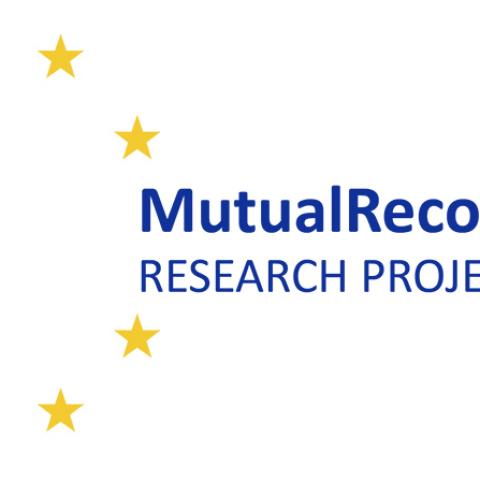-
News
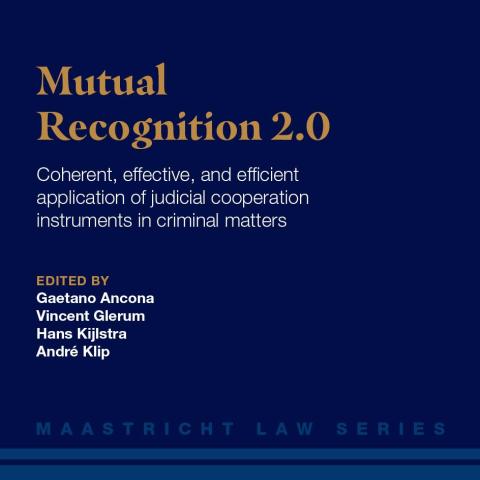
The book of the research is out
The report of the MR2.0 project has been published as a book, as part of the Maastricht Law Series.
read more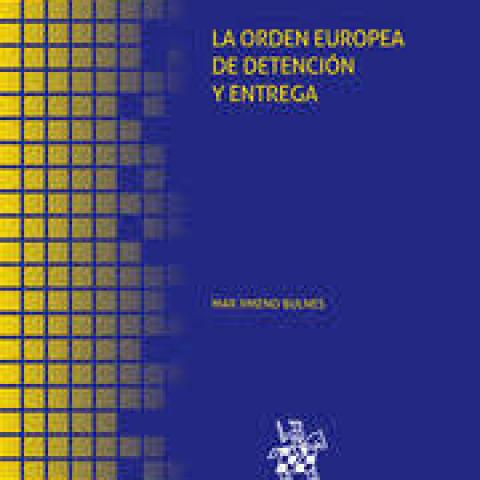
New books on EAW and EU procedural law
Professor Mar Jimeno Bulnes has published two new books, a monograph on the European Arrest Warrant, and an edited work on EU procedural law in civil and criminal matters.
read more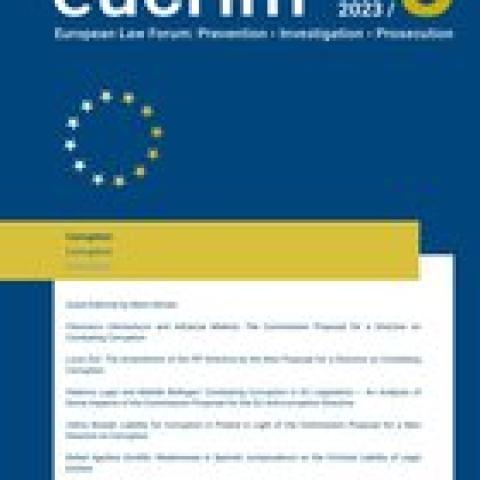
MR2.0 project mentioned in the latest Eucrim issue
The project was mentioned in the latest Eucrim issue, 2023/3.
A reference to the project can be found on page 263 within the cooperation section.
read more
New research output - Annotated Index for Country Reports
The Management Team presents the Annotated Index.
read more
Our first research output is ready
The Management Team presents its first document. Some Preliminary Explorations on the project.
read more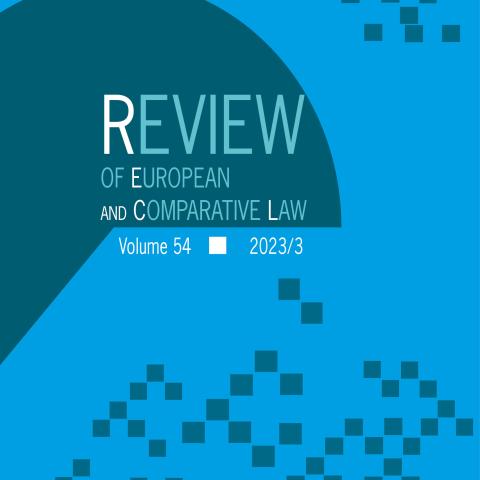
New article on translation and interpretation of the letter of rights
André Klip, project leader of MR2.0, published "Translating and Interpreting the Letter of Rights" on Review of European and Comparative Law.
read more
New article on detention under EAW
Vincent Glerum and Małgorzata Wąsek-Wiaderek, project coordinator and Polish national researcher of MR2.0, published the article "Detention Pending Execution of the European Arrest Warrant – Dutch and Polish Experience. Some Reflection from the Human Rights Perspective" on Review of European and Comparative Law.
read more
New article on EAW developments
Vincent Glerum and Hans Kijlstra, project coordinator and Dutch national researcher of MR2.0, published "EAW: Next Steps, Will Pandora’s Box Be Opened?" on Review of European and Comparative Law.
read more -
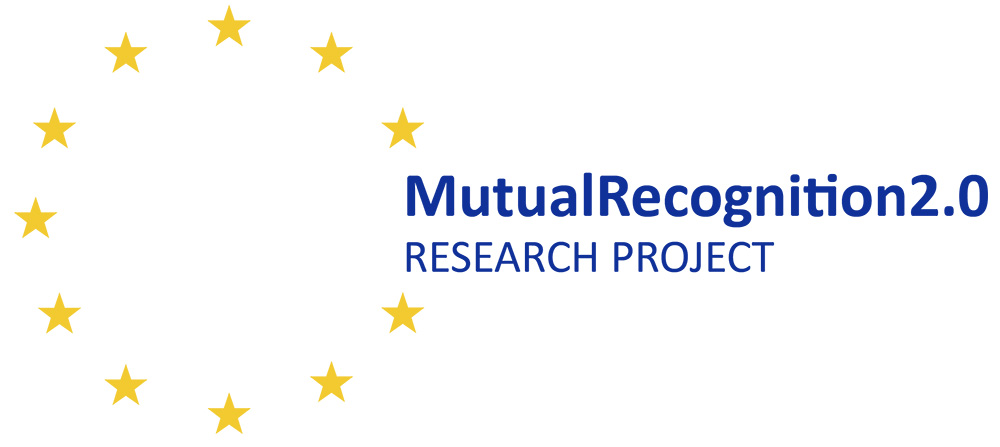
Mutual Recognition 2.0
The MR2.0 project aims to promote the efficient and consistent application of judicial cooperation instruments within the European Union, specifically those that have implications for individual liberty. The research is focused on practical problems that might arise when the national authorities of Member States have to choose between more than one instrument of cooperation. The method is to, via questionnaire, examine the cases of the Partner countries - the Netherlands, Germany, Poland and Spain - in order to understand how judicial authorities address the issue and propose possible solutions. MR2.0 intends to develop common solutions and, where applicable, propose recommendations to the EU and/or Member States. The project is a continuation of two previous projects coordinated by Maastricht University and the District Court of Amsterdam, ImprovEAW and InAbsentiEAW.

